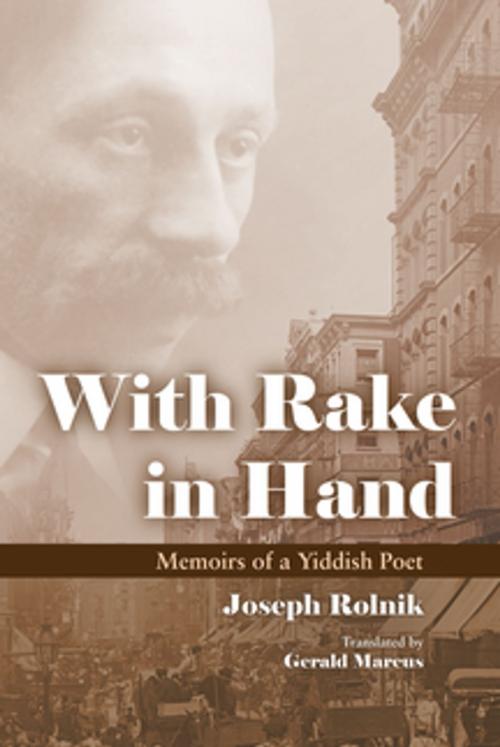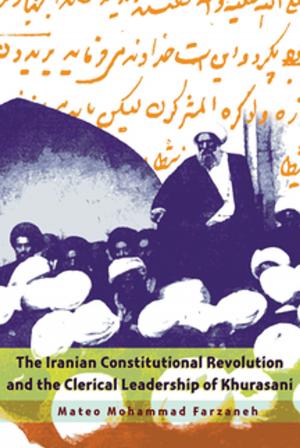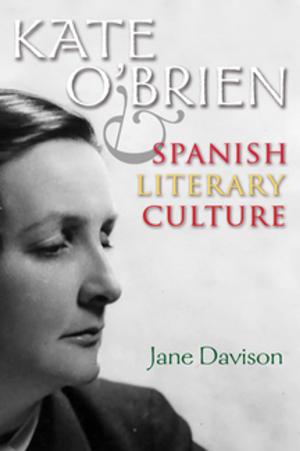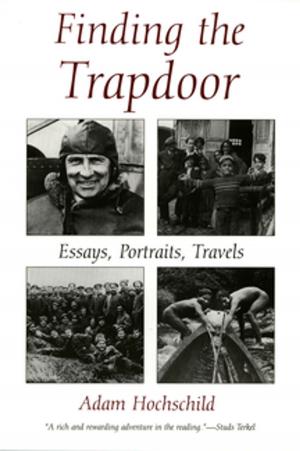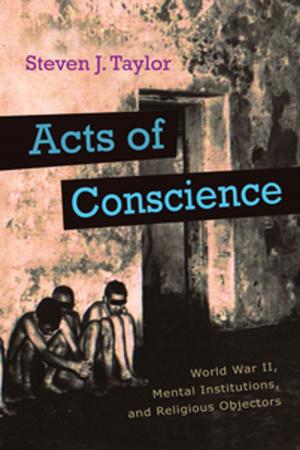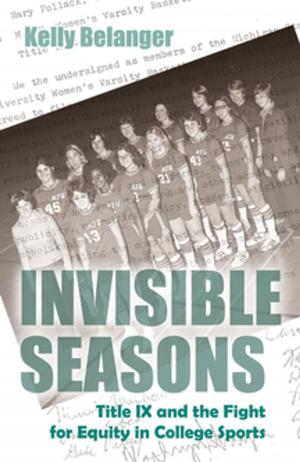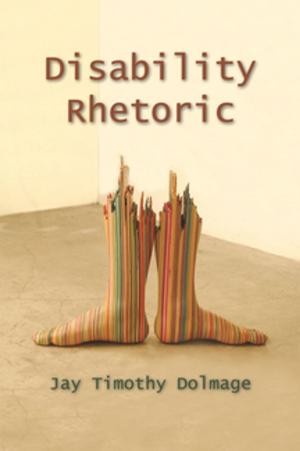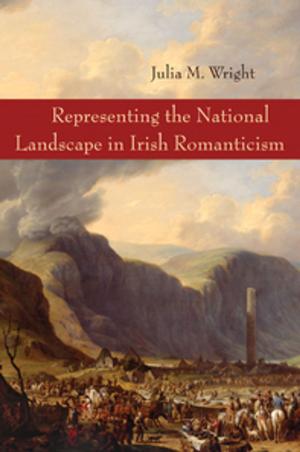With Rake in Hand
Memoirs of a Yiddish Poet
Nonfiction, Reference & Language, Foreign Languages, Hebrew & Yiddish, History, Jewish, Biography & Memoir| Author: | Joseph Rolnik | ISBN: | 9780815653936 |
| Publisher: | Syracuse University Press | Publication: | November 10, 2016 |
| Imprint: | Syracuse University Press | Language: | English |
| Author: | Joseph Rolnik |
| ISBN: | 9780815653936 |
| Publisher: | Syracuse University Press |
| Publication: | November 10, 2016 |
| Imprint: | Syracuse University Press |
| Language: | English |
Joseph Rolnik is widely considered one of the most prominent of the New York Yiddish poets associated with Di Yunge, an avant-garde literary group that formed in the early twentieth century. In his moving and evocative memoir, Rolnik recalls his childhood growing up in a small town in Belarus and his exhilarating yet arduous experiences as an impoverished Yiddish poet living in New York. Working in garment factories by day and writing poetry by night, he became one of the most published and influential writers of the Yiddish literary scene. Unfolding in a series of brief sketches, poems, and vignettes rather than consistent narrative, Rolnik’s memoir is imbued with the poet’s rich, sensuous language, which vividly describes the sounds and images of his life. Marcus’s elegant translation, along with his introduction situating Rolnik’s poetry in its literary historical context, gives readers a fascinating account of this under-appreciated literary treasure.
Joseph Rolnik is widely considered one of the most prominent of the New York Yiddish poets associated with Di Yunge, an avant-garde literary group that formed in the early twentieth century. In his moving and evocative memoir, Rolnik recalls his childhood growing up in a small town in Belarus and his exhilarating yet arduous experiences as an impoverished Yiddish poet living in New York. Working in garment factories by day and writing poetry by night, he became one of the most published and influential writers of the Yiddish literary scene. Unfolding in a series of brief sketches, poems, and vignettes rather than consistent narrative, Rolnik’s memoir is imbued with the poet’s rich, sensuous language, which vividly describes the sounds and images of his life. Marcus’s elegant translation, along with his introduction situating Rolnik’s poetry in its literary historical context, gives readers a fascinating account of this under-appreciated literary treasure.
